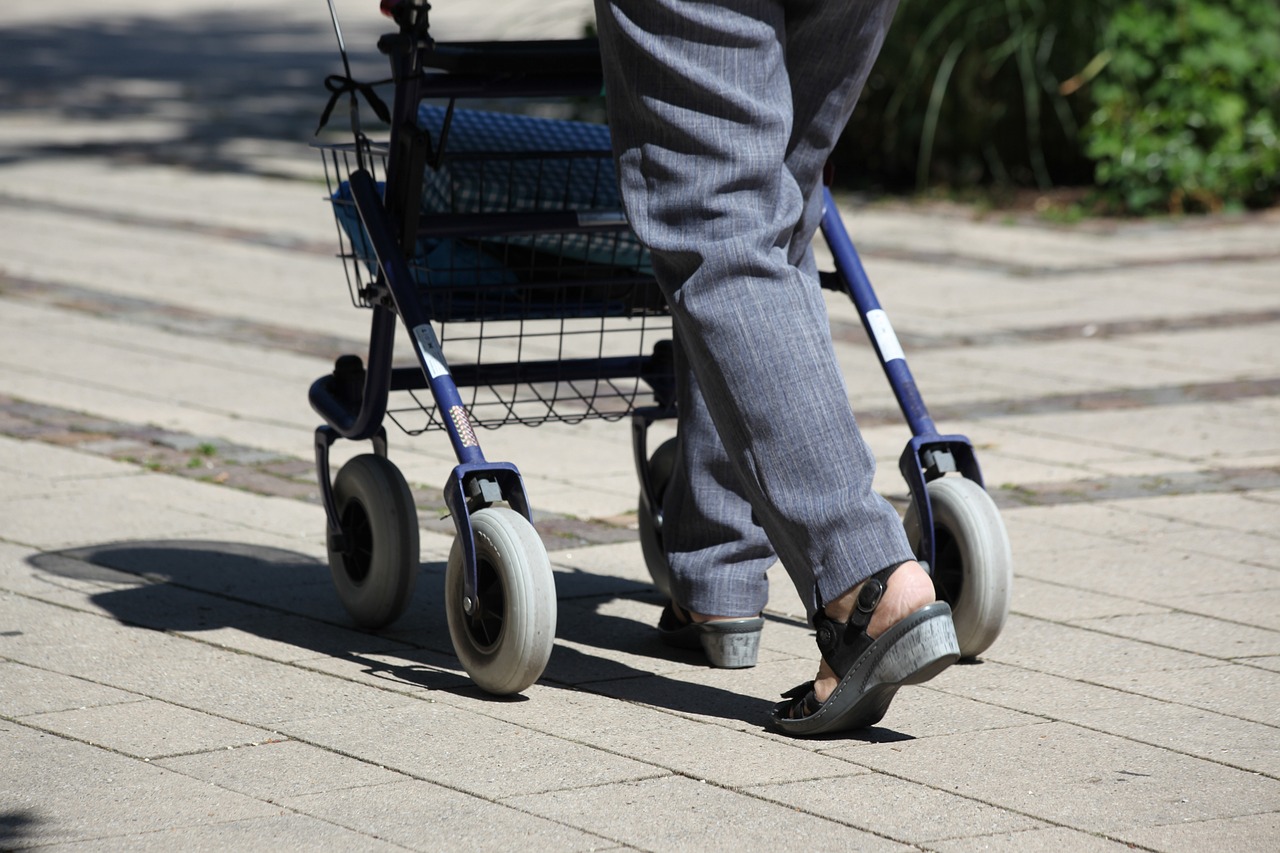
SHARE THIS ARTICLE:
Dysautonomia Following Lyme Infection
 Frontiers in Neurology (Adler, B.L., et al.) 02.07.24, published a review article, “Dysautonomia following Lyme disease: a key component of post-treatment Lyme disease syndrome?” Though the Lyme patient community and treating physicians report disabling symptoms of dysautonomia as a complication of Lyme disease, dysautonomia has not yet been established as a complication of Lyme in the medical literature.
Frontiers in Neurology (Adler, B.L., et al.) 02.07.24, published a review article, “Dysautonomia following Lyme disease: a key component of post-treatment Lyme disease syndrome?” Though the Lyme patient community and treating physicians report disabling symptoms of dysautonomia as a complication of Lyme disease, dysautonomia has not yet been established as a complication of Lyme in the medical literature.
Dysautonomia is a dysfunction of the autonomic nervous system (ANS) that causes a variety of debilitating, symptoms including postural orthostatic tachycardia syndrome (POTS), gastrointestinal dysmotility, sweating dysfunction, temperature dysregulation, sicca syndrome (Sjögren syndrome), urinary and visual symptoms, and other poorly recognized symptoms.
Authors of this review present evidence supporting Borrelia burgdorferi as a cause of dysautonomia, and identify the gaps of knowledge in the literature. The evidence presented describes many clinical similarities between post-treatment Lyme disease syndrome (PTLDS) and other dysautonomia syndromes following infections, autoimmune conditions, and trauma. Authors additionally propose potential pathogenic mechanisms for dysautonomia, and discuss the diagnostic evaluation and potential treatments.
If dysautonomia is accepted as a complication of Lyme disease, new treatments may be developed to improve the quality of life for patients.
For More Information:
Read Frontiers in Neurology Article
Read More LDA Articles on Dysautonomia





